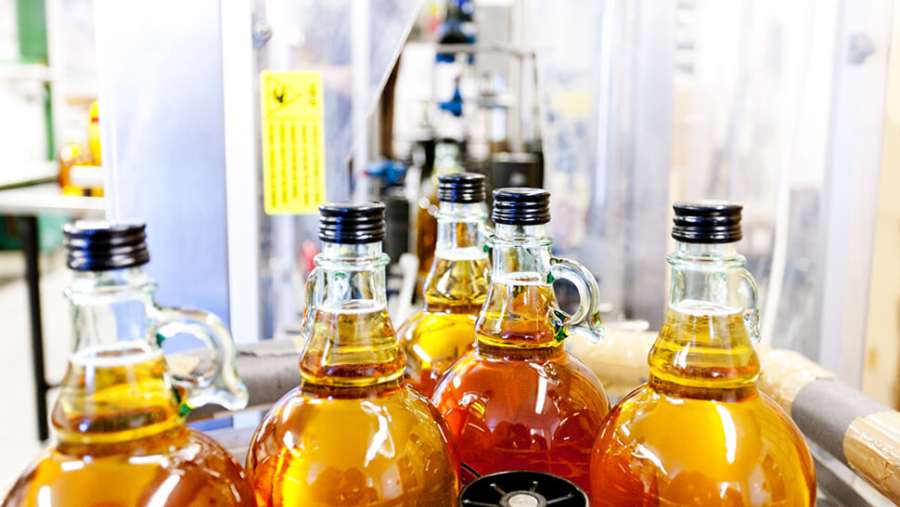
If you are considering making your own cider or perry there are some important matters to be considered
19th August 2013

What is the definition of cider or perry?
Cider and perry are defined as drinks created from fermented apple or pear juice, with a strength of more than 1.2% alcohol by volume (ABV) but less than 8.5% ABV. To qualify as cider or perry, the drink must not have any other alcoholic drink added – otherwise, it is classed as made-wine or a spirit. However, some specific flavours and colours can be added, but first have to be approved by HMRC.
How much cider can I produce before cider duty becomes payable?
UK tax regulations allow anyone (company or private individual) to make and sell up to 70 hectolitres (7,000 litres) of cider or perry in any rolling period of 12 consecutive months without having to register with HMRC or pay cider duty. The 7,000 litre limit does also includes any cider or perry used for your own consumption. Once you are producing more than the exempt limit, cider duty becomes payable on all of the volume produced (not just the volume that exceeds the limit).
This is not an automatic exemption though and you will need to complete the appropriate application form to claim exemption from registration (see below).
How do I claim exemption from registration?
You must complete a form CP33, which can be found on the HMRC website, and return it to HMRC. Before completing this form, you should also carefully read HMRC Notice 162 which is specific to cider and perry production.
What if I produce more than 7,000 litres?
If you produce cider or perry commercially and make more than 7,000 litres in any 12 month period, you must register with HMRC as a cider maker and pay cider duty.
To register as a cider maker, you should complete form CP30 and return it to HMRC. You need to send one form for every set of premises where you intend to make cider for sale. You must also submit plans of your premises with your application – this is known legally as ‘making entry’ of your premises.
If I am liable for cider duty, when is it payable?
Cider is liable to alcohol duty as soon as it is ‘produced’. Cider is produced as soon as it has exceeded a strength of 1.2% ABV. It can, however, be held on or, in certain circumstances, moved between registered premises or to Excise warehouses in ‘duty suspension’ – that is, without payment of duty but always remaining liable to duty.
Is any specific accreditation available to producers in the Three Counties?
If you live in the Three Counties cidermaking region (Herefordshire, Worcestershire, and Gloucestershire) you can apply for a Protected Geographical Indication (PGI) certificate. PGI is equivalent to the French Appellation Controlee status. To qualify you must source all of your apples from within these counties, the apples must be bittersweets and you must use freshly pressed juice, not concentrates.
What about licensing requirements if I want to sell directly to the public?
Businesses, organisations and individuals who want to sell or supply alcohol in England and Wales must have a licence or other authorisation from a licensing authority which is usually your local council.










